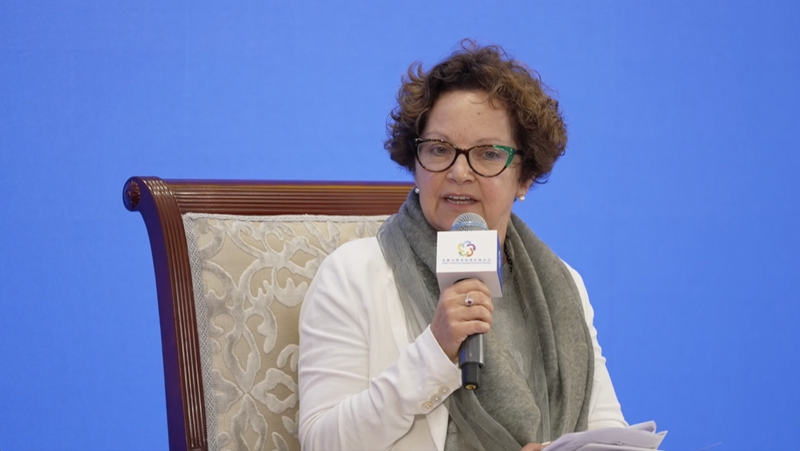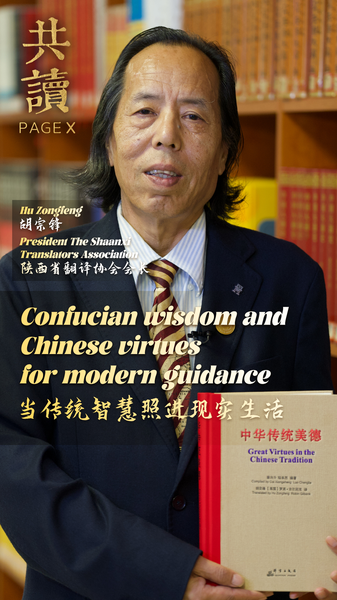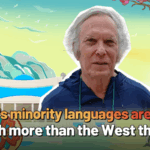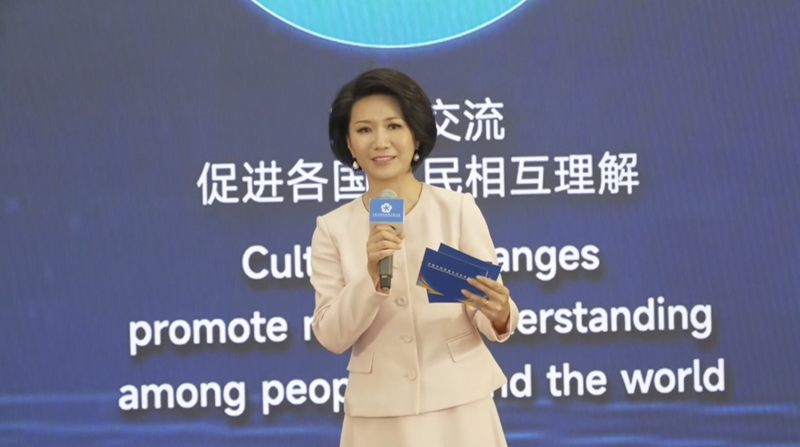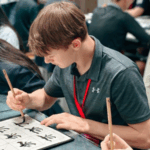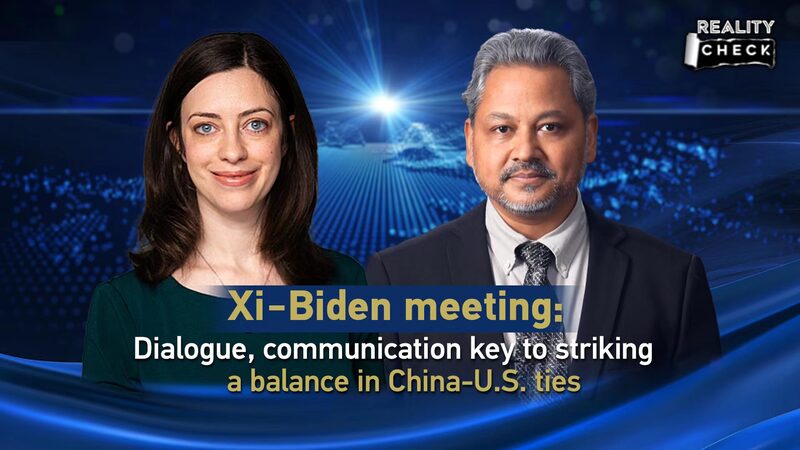At a time when artificial intelligence dominates global innovation debates, an unexpected advocate for ancient knowledge has emerged. Tiziana Lippiello, Rector of Ca' Foscari University of Venice, made waves at the Global Civilizational Dialogue Ministerial Meeting by declaring: "All our Chinese studies students must learn Classical Chinese!" – a stance she maintains even in the AI era.
Lippiello argues that China's 3,000-year literary tradition offers unique insights into human governance, ecological balance, and ethical frameworks – precisely the challenges modern AI systems struggle to address. "These texts aren't relics," she explained, "but blueprints for sustainable innovation. The 'Analects' discuss AI's greatest gap: emotional intelligence. Daoist texts model human-nature symbiosis better than any algorithm."
Her position gains traction as Asian tech giants increasingly integrate classical philosophy into AI development. Recent initiatives like Baidu's "Laozi NLP Model" demonstrate practical applications, using Taoist principles to enhance machine learning pattern recognition.
For business leaders eyeing Asian markets, this trend signals new opportunities in cross-cultural tech partnerships. Academics note growing demand for specialists who can bridge technological and humanistic disciplines – a workforce need projected to create 12 million jobs globally by 2030.
Reference(s):
cgtn.com
